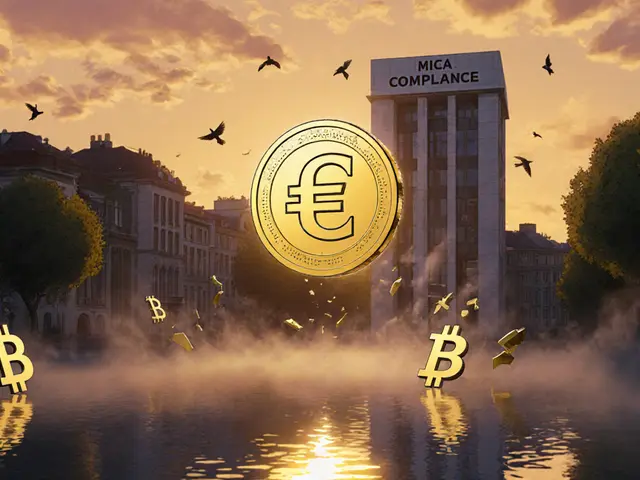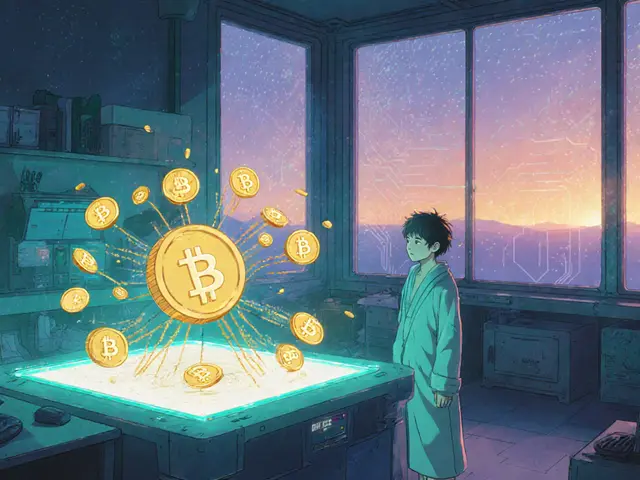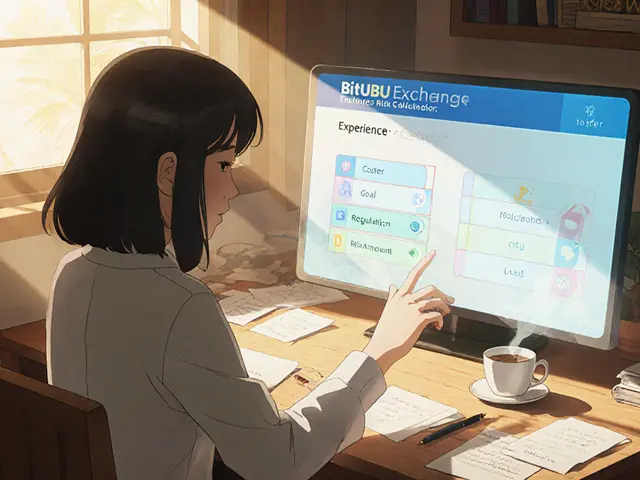NFT Tickets – The Future of Event Access
When working with NFT tickets, digital tokens that serve as proof of entry for concerts, sports games, and conferences. Also known as blockchain tickets, they merge the uniqueness of NFTs with the everyday need for secure, transferable passes. In practice, an NFT ticket lives on a blockchain, so its ownership history is transparent and can’t be altered without consensus. This means event organizers can stop scalpers, attendees can prove authenticity instantly, and secondary markets become safer.
The engine behind this transformation is smart contracts, self‑executing code that enforces ticket rules automatically. When you buy an NFT ticket, the contract records the purchase, locks the token to your wallet, and can trigger actions like check‑in or refund if the event is canceled. NFT tickets therefore require three core ingredients: a blockchain ledger, a smart contract that defines the ticket’s behavior, and a token standard that guarantees uniqueness. This triple—blockchain + smart contract + token standard—creates a seamless, trustless ticketing experience.
Key Benefits of NFT Tickets
One of the most common standards for NFTs is ERC‑721, a protocol that defines how each token is individually identified and transferred. ERC‑721 ensures that each ticket is a one‑of‑a‑kind asset, making duplication impossible. For events that need multiple copies of the same seat class, developers often turn to ERC‑1155, a hybrid standard that can handle both unique and semi‑fungible tokens in a single contract. By choosing the right standard, organizers can balance flexibility and gas efficiency while still providing a verifiable entry credential.
Beyond security, NFT tickets open doors to new revenue streams. Because ownership is tokenized, secondary sales can include programmable royalties—say, a 5 % cut every time the ticket changes hands. This keeps a portion of the profit with the event creator and discourages price gouging. Moreover, ticket holders can receive exclusive perks attached to the token, like backstage passes, merch drops, or future event discounts, turning a simple seat reservation into a collectible experience.
From a practical standpoint, blockchain ticketing is gaining traction across music festivals, sports leagues, and even academic conferences. Organizers report faster entry times because scanners only need to verify a wallet address rather than scan a paper barcode. Attendees appreciate the ability to store tickets alongside other crypto assets, reducing the chance of loss. As more platforms adopt user‑friendly wallets and QR‑code integration, the friction gap continues to shrink, making NFT tickets a viable alternative to traditional paper or PDF passes.
The collection below pulls together guides, deep dives, and real‑world case studies that flesh out every angle of NFT tickets. Whether you’re a developer curious about smart‑contract logic, an event planner weighing token standards, or a fan who wants to know how to claim a digital pass, the articles ahead give you concrete steps and clear explanations to navigate this evolving space.
Top NFT Ticketing Platforms & Solutions in 2025
Explore the 2025 landscape of NFT ticketing platforms, compare top solutions, learn how they work, and get a step‑by‑step guide to launching secure, collectible event tickets.





